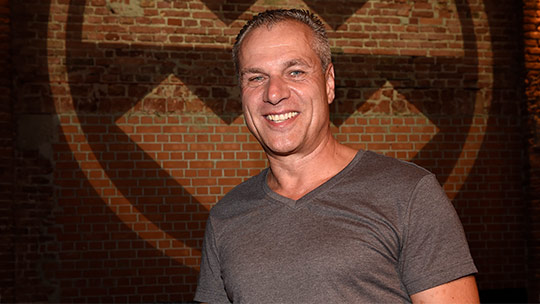Hendrik Hey is known as the man who makes science understandable for us all in his “Welt der Wunder” [World of Wonders] series. Yet even he is stumped by some problems. Like recently when he wanted to supply a fellow broadcaster with a minute’s worth of picture material. Valued at CHF 1,500 on paper, he was faced with negotiations worthy of a business deal involving millions. “The contracts went back and forth, they were amended, and revised again. In the end I was tempted to say: ‘You know what, just take it for free.’”
The fact is that buying and selling TV rights for films and series as well as shows and production contracts is still almost entirely based on analogue processes: negotiated on the phone, sent by fax, signed and sent by post. Transparency often goes by the board, with the odd passage overlooked. Broadcasters and producers therefore employ armies of licensing experts and lawyers to assist with the deals, and then supervise the contract terms. And this is where the next problem arises: with every contract separately negotiated, monitoring is equally difficult.


